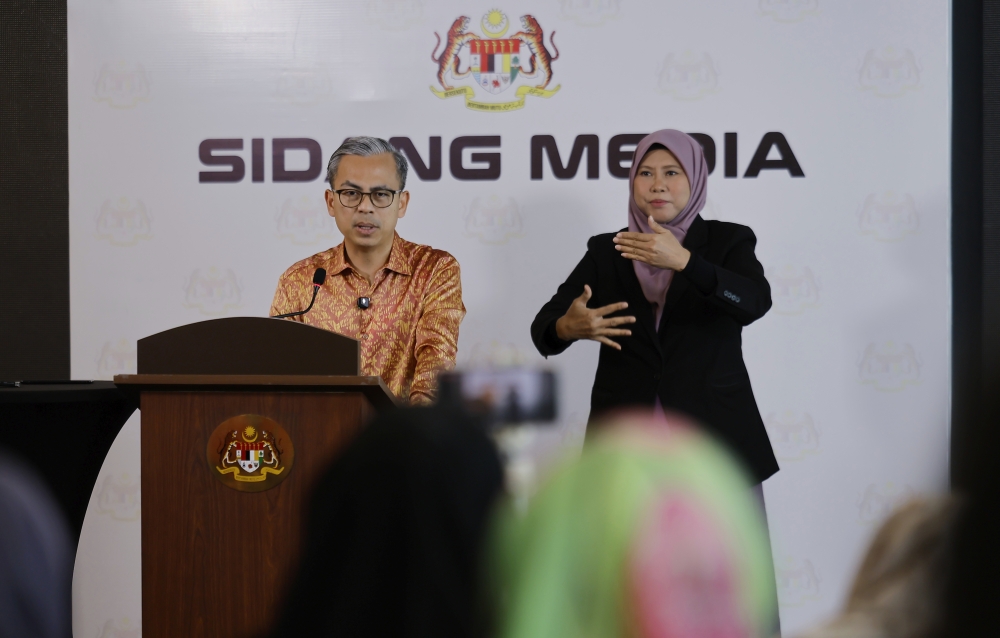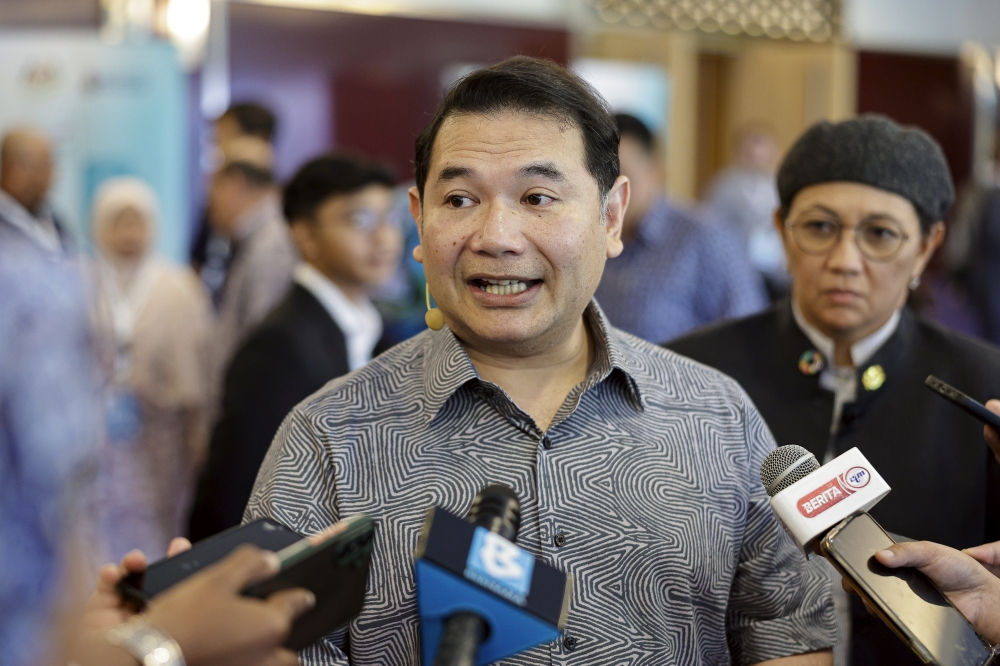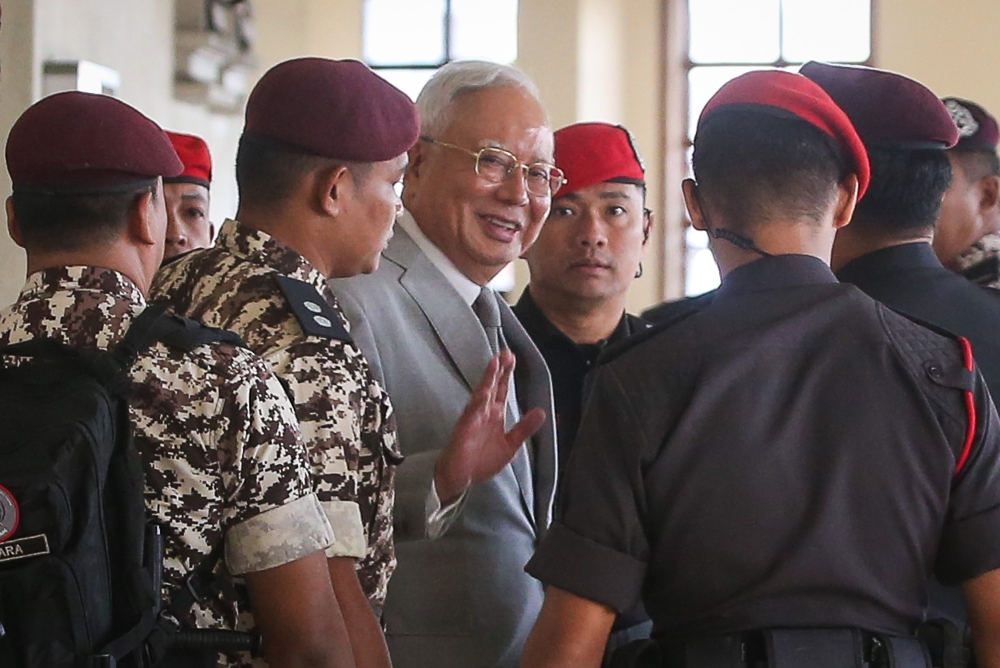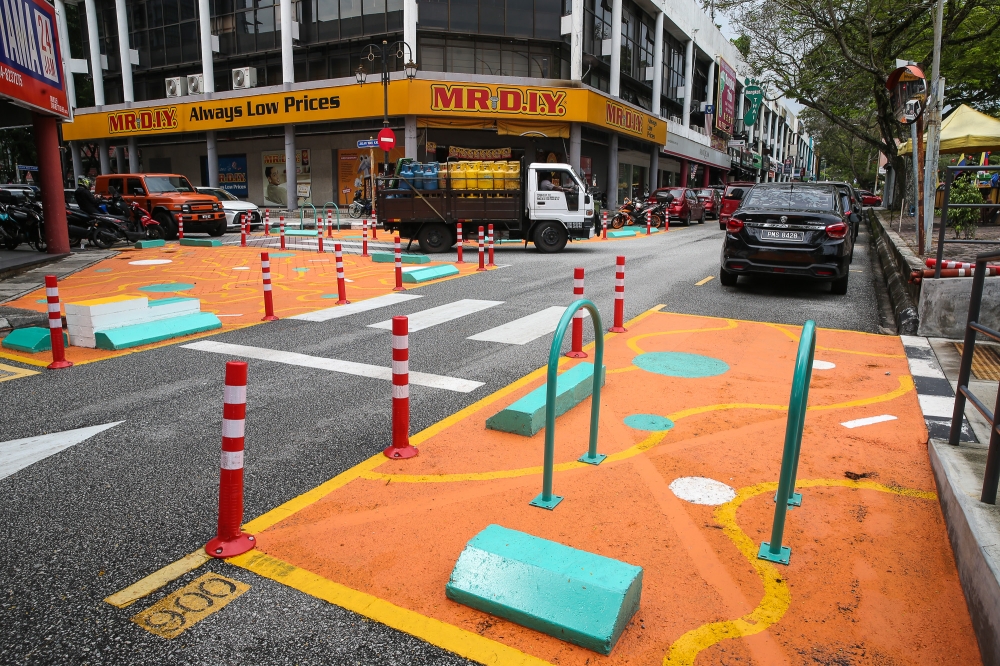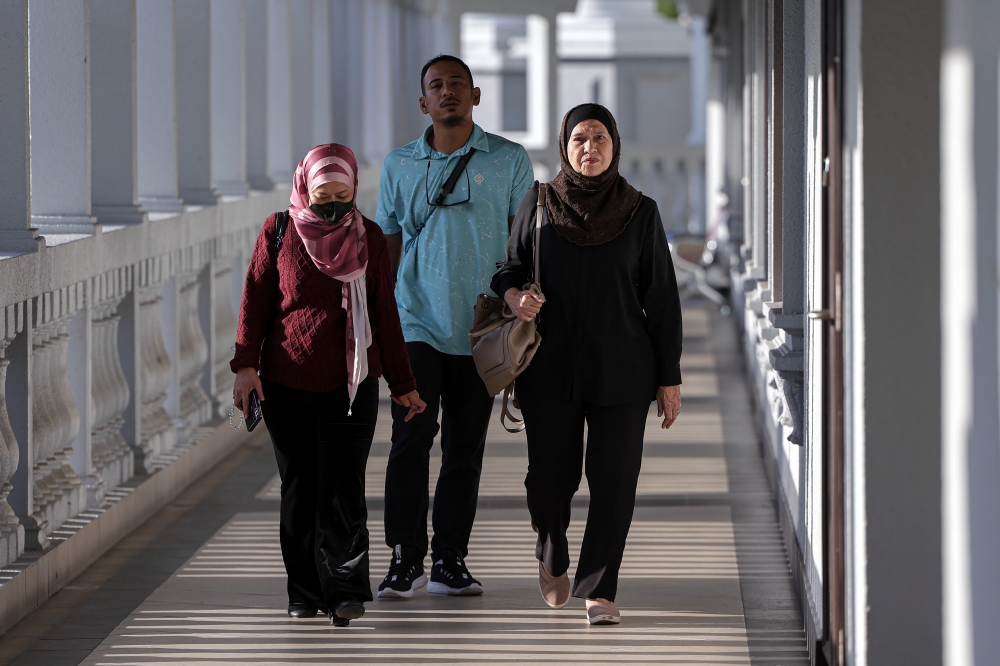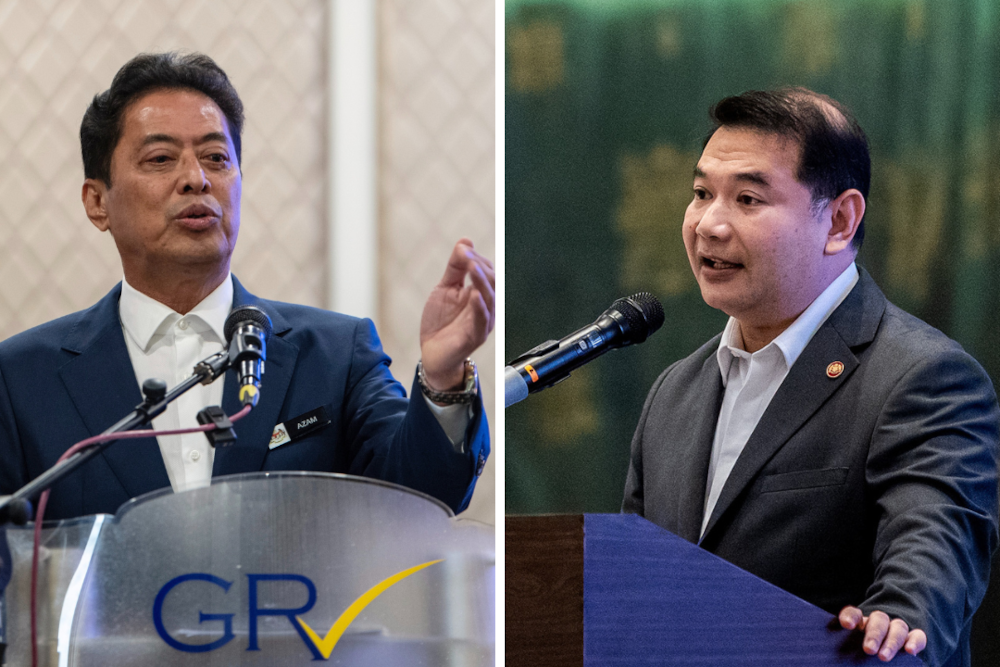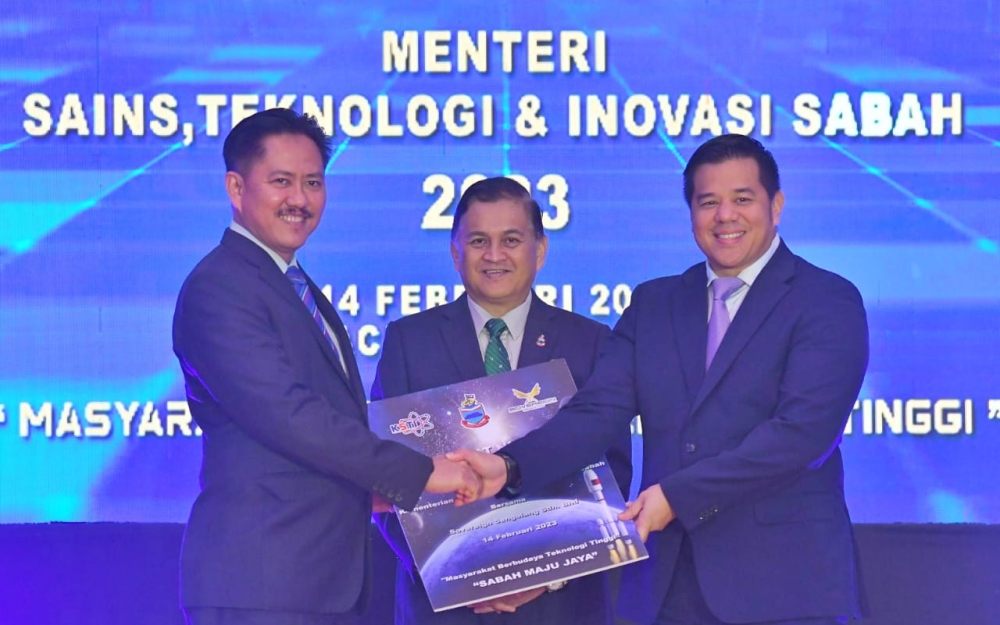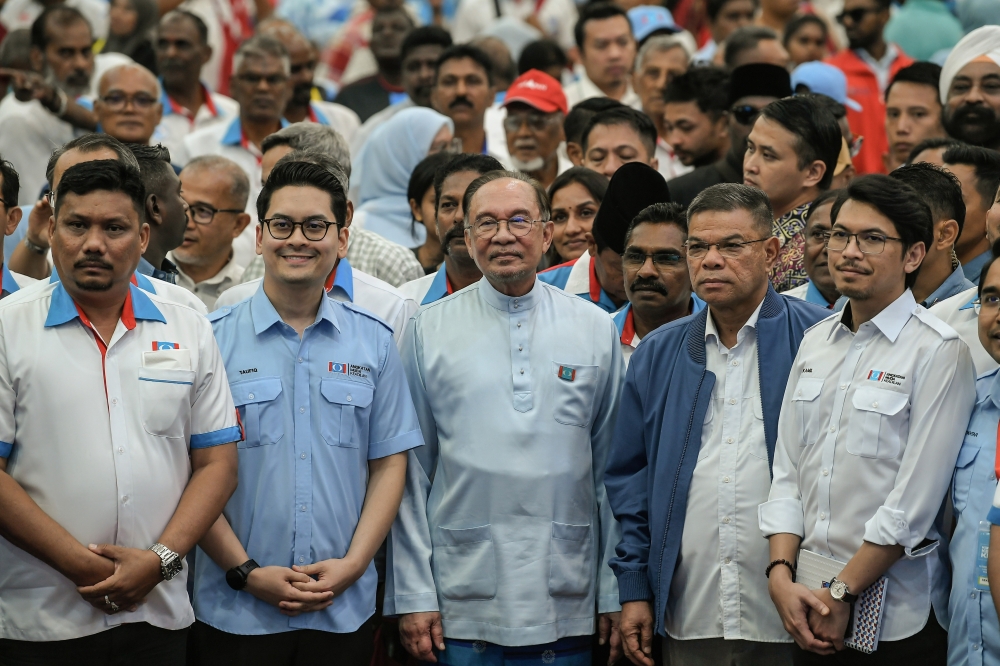KOTA KINABALU, Feb 14 — Sabah is hoping to use its strategic location at the equator to build the world’s 16th space launching facility, which would make Malaysia only the ninth country to do so now.
State Science, Technology and Innovation minister Datuk Arifin Arif announced that the state Cabinet has greenlit a feasibility study towards this goal, adding that a letter of intent will be awarded to Sovereign Sengalang Sdn Bhd.
“If the research produces positive indications, then God willing, we will create history by having the world’s 16th space launching facility and put Sabah and Malaysia’s name up there in the global aeronautical industry,” Arifin said at his ministry’s award ceremony today.
The initiative will be under the state agency known as Sabah Space Industrial Corporation that will work with the Malaysian Space Agency.
“The first step is the feasibility study which will determine if an international Space Launch Industrial Centre can be built in the identified location,” Arifin said.
He added that the state hopes to create between 300 and 500 aeronautical space companies that can provide up to 5,000 jobs, including 90 highly paid positions.
A series of discussions have already been conducted between the state and Sovereign Sengalang, the company undertaking the feasibility study.
Sovereign Sengalang deputy executive chairman Ezra Effendi, who received the letter of intent today, said that Sabah is uniquely positioned to be a launching facility due to its proximity to the equator line.
“Its geolocation allows for high angular velocity, which means launching space vehicles with an additional 20 per cent margin.
“It means that it can either be 20 per cent cheaper, or we can add 20 per cent more things into a spacecraft, compared to say, Europe,” he explained.He said that the programme would be referred to as Cyclone 7, which is in reference to the seventh iteration of the cyclone space rocket built by Ukrainian enterprise Yuzhnoye, which will also be undertaking the technical aspect of the project.
The first stage of the feasibility study will look into the environmental, safety and infrastructure aspects, although Ezra declined to reveal the identified locations.
“We expect to take around three to six months and we will finalise the location,” he said.
Arifin, who took over the state ministry from Datuk Yakub Khan earlier this year, also spoke its plans for the state which include upgrading the state’s internet coverage and building more science centres to increase knowledge and awareness for the science and technology sector.



